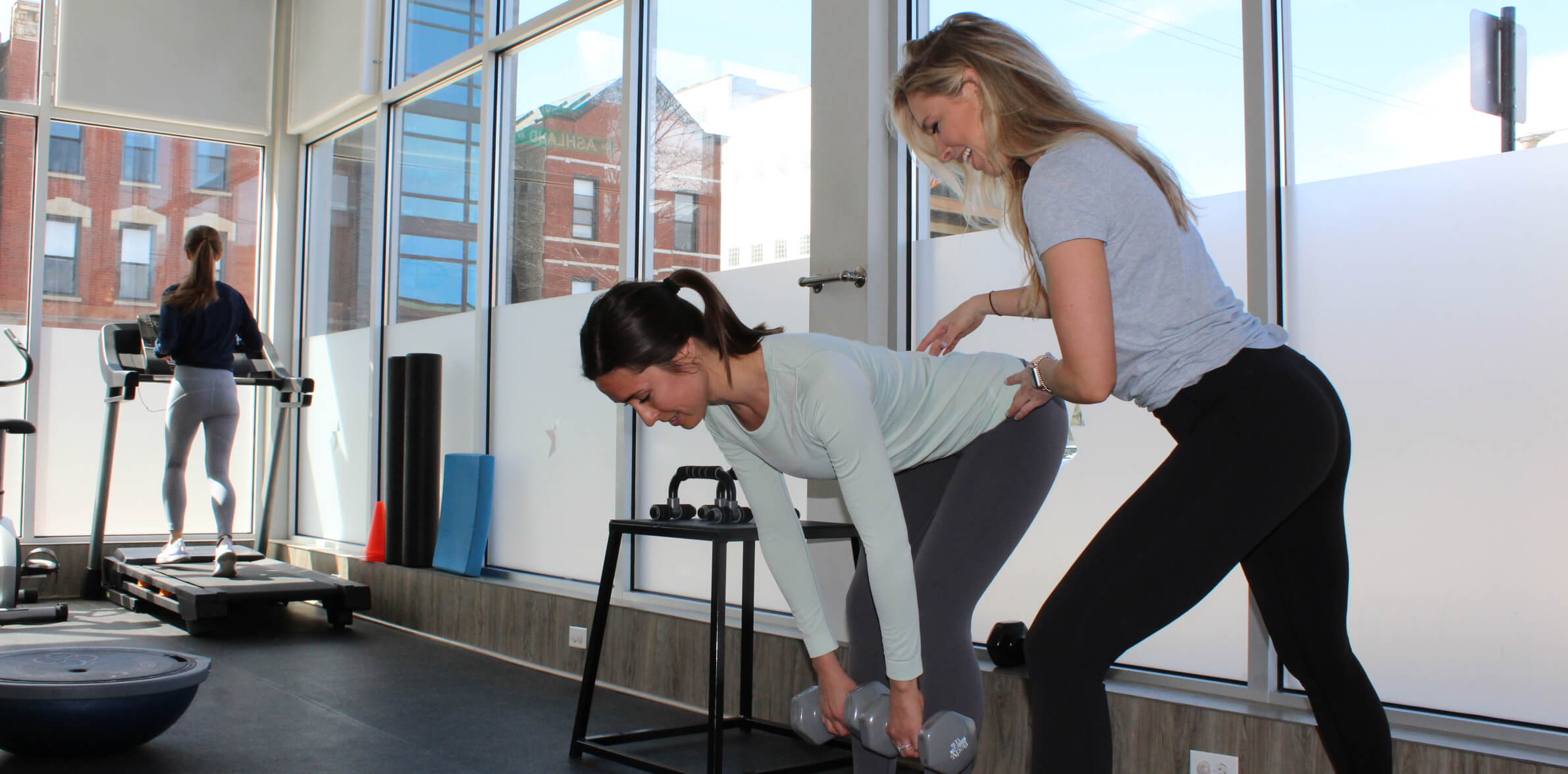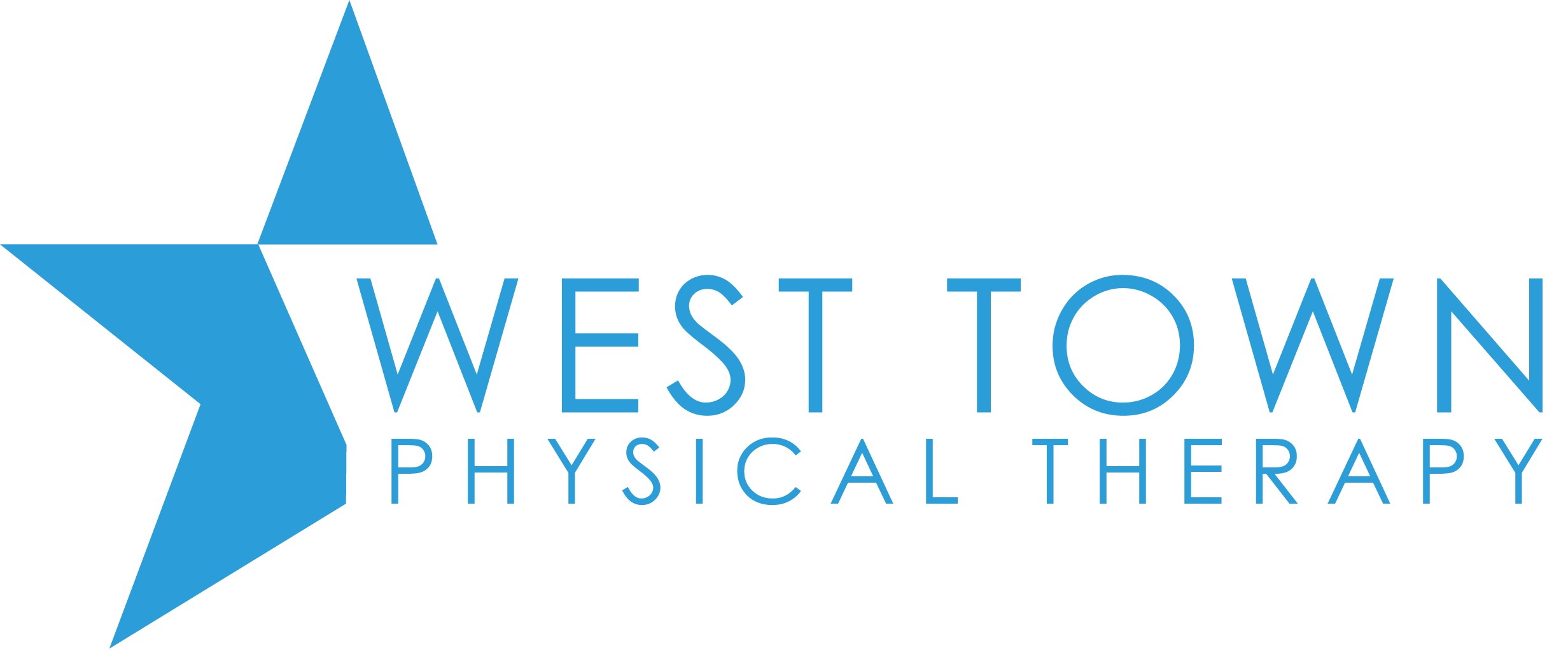
Our Physical Therapy Services
Initial
Evaluation
The therapist will discuss the following:
- Your medical history.
- Your current problems/complaints.
- Pain intensity, what aggravates and eases the problem.
- How this is impacting your daily activities or your functional limitations.
- Your goals for physical therapy.
- Medications, tests, and procedures related to your health.
The therapist will then perform the objective evaluation which may include some of the following:
- check for the presence of tenderness, swelling, soft tissue integrity, tissue
- temperature, inflammation, etc.
- Range of Motion (ROM) – the therapist will move the joint(s) to check for the quality of movement and any restrictions.
- Muscle Testing – the therapist may check for strength and the quality of the muscle contraction. Pain and weakness may be noted. Often the muscle strength is graded. This is also part of a neurological screening.
- Neurological Screening – the therapist may check to see how the nerves are communicating with the muscles, sensing touch, pain, vibration, or temperature. Reflexes may be assessed as well.
- Special Tests – the therapist may perform special tests to confirm/rule out the presence of additional problems.
- Posture Assessment – the positions of joints relative to ideal and each other may be assessed.
The therapist will then formulate a list of problems you are having, and how to treat those problems.
A plan is subsequently developed with the patient’s input. This includes how many times you should see the therapist per week, how many weeks you will need therapy, home programs, patient education, short-term/long-term goals, and what is expected after discharge from therapy. This plan is created with input from you, your therapist, and your doctor.
Re-
Evaluation
• You will be re-evaluated every 30 days or just prior to your follow-up consultation with your referring physician.
• A complete re-evaluation will be performed that includes all or some of the tests and measures that had been performed upon your initial evaluation. This new data can be directly compared to your baseline measurements to demonstrate both subjective and objective improvements.
• Continuation of your therapy will be dependent upon the results of your re-evaluation, insurance authorization, and physician approval. All re-evaluations will be sent to your referring physician prior to your follow-up consultation so that they can review your progress.
Follow-up
Visit
• The interventions you receive will depend on what the physical therapist finds in the evaluation.
• Most physical therapy plans of care will include therapeutic exercise and functional training in sport, work, or home related tasks.
• Other interventions might include manual therapy techniques, neuromuscular re-education, electrical stimulation, traction, biomechanical and postural re-education, and orthotics.
